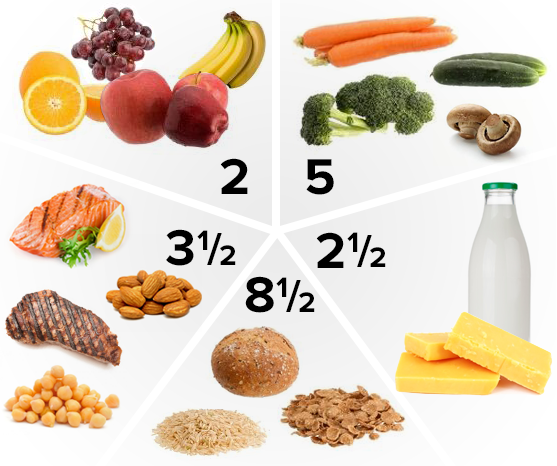
Pregnancy and Healthy Eating: A Comprehensive Guide
Pregnancy is a transformative journey that requires significant nutritional support to ensure the well-being of both the mother and the developing baby. Maintaining a healthy diet during pregnancy is crucial for optimal fetal growth, reducing the risk of complications, and promoting a healthy birth outcome. This comprehensive guide will delve into the essential principles of pregnancy nutrition, providing evidence-based recommendations and practical tips to help expectant mothers navigate their dietary choices with confidence.
Nutritional Needs During Pregnancy
The nutritional requirements during pregnancy increase substantially to meet the demands of fetal growth and maternal adaptations. The recommended daily intake (RDI) for key nutrients includes:
- Calories: An additional 340-450 calories per day
- Protein: 71 grams per day
- Iron: 27 milligrams per day
- Calcium: 1,000 milligrams per day
- Folic Acid: 600 micrograms per day
- Vitamin D: 600 IU per day
- Omega-3 Fatty Acids: 200 milligrams per day
Essential Food Groups
A balanced pregnancy diet should include a variety of nutrient-rich foods from all food groups:
- Fruits and Vegetables: Aim for at least 5 servings per day, providing essential vitamins, minerals, and fiber.
- Whole Grains: Choose whole-wheat bread, brown rice, and quinoa for fiber, energy, and B vitamins.
- Lean Protein: Include lean meats, poultry, fish, beans, and tofu to support fetal growth and tissue repair.
- Dairy Products: Milk, yogurt, and cheese provide calcium, protein, and vitamin D.
- Healthy Fats: Include avocado, nuts, seeds, and olive oil for essential fatty acids and energy.
Foods to Limit or Avoid
While most foods are safe to consume during pregnancy, certain foods should be limited or avoided to minimize potential risks:
- Raw or Undercooked Meat, Fish, and Eggs: These foods may contain harmful bacteria or parasites.
- Unpasteurized Milk and Cheese: Unpasteurized dairy products can carry bacteria that cause infections.
- Fish High in Mercury: Limit consumption of fish high in mercury, such as shark, swordfish, and king mackerel.
- Alcohol: Alcohol consumption during pregnancy can harm fetal development.
- Caffeine: Limit caffeine intake to less than 200 milligrams per day.
- Raw Sprouts: Raw sprouts may contain bacteria that can cause foodborne illnesses.
Hydration
Adequate hydration is essential during pregnancy to support increased blood volume and prevent dehydration. Aim to drink 8-10 glasses of water per day.
Prenatal Vitamins
Prenatal vitamins are recommended to supplement the diet and ensure adequate intake of essential nutrients, particularly folic acid and iron. Consult with a healthcare provider for personalized recommendations.
Dietary Considerations for Common Pregnancy Conditions
- Gestational Diabetes: A diet low in sugar and refined carbohydrates can help manage blood sugar levels.
- Preeclampsia: A diet rich in calcium, protein, and antioxidants may help reduce the risk of preeclampsia.
- Morning Sickness: Eating small, frequent meals and avoiding triggers can help alleviate nausea.
Tips for Healthy Eating During Pregnancy
- Plan Ahead: Prepare healthy meals and snacks to avoid unhealthy choices when time is limited.
- Read Food Labels: Pay attention to serving sizes and nutrient content to make informed choices.
- Cook at Home: Cooking meals allows for greater control over ingredients and portion sizes.
- Listen to Your Body: Eat when you’re hungry and stop when you’re full.
- Seek Professional Guidance: Consult with a registered dietitian or healthcare provider for personalized advice and support.
Conclusion
Maintaining a healthy diet during pregnancy is paramount for the well-being of both the mother and the baby. By following the principles outlined in this guide, expectant mothers can ensure adequate nutrient intake, minimize risks, and promote a healthy pregnancy journey. Remember to consult with a healthcare provider for personalized recommendations and support throughout this transformative time.